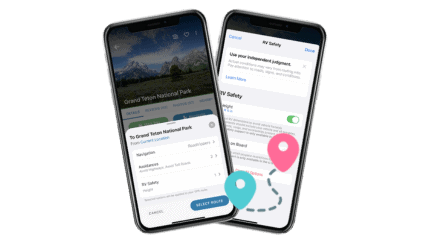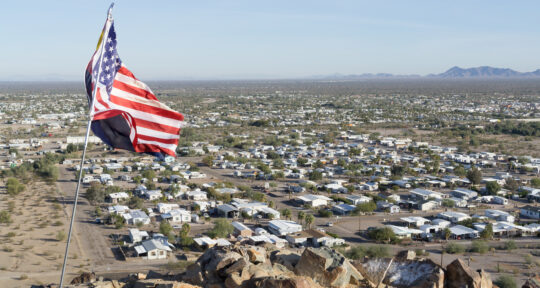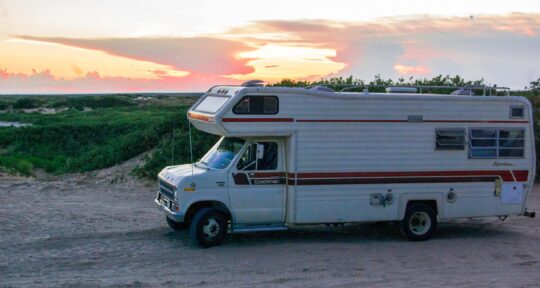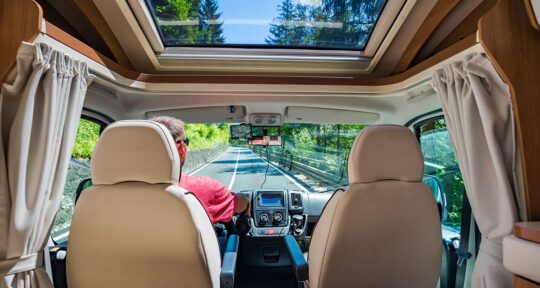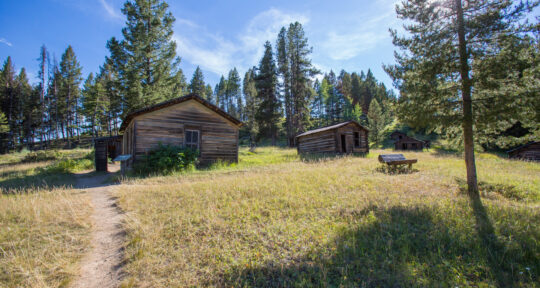You may have spent a lifetime traveling, but have you spent a lifetime traveling by RV? While RVing offers a wealth of experiences and opportunities, it can sometimes be difficult and disastrous for newbies. Understanding common RVing mistakes for beginners can save you embarrassment, money, and trouble. Plus, you’ll have a more fun, relaxing experience.
My family has encountered plenty of problems and learned lessons the hard way, but I don’t regret a single minute of it—other than that time we stopped at a gas station to fix a low tire, got distracted buying a Wiffle ball set, and then took off without fixing the low tire, which blew out a few miles down the road. We can now laugh at those memories and try not to repeat them as we get wiser with each mile, and you will too.
Here are 10 tips to help you avoid the biggest mistakes beginners make when traveling in an RV.
1. Not buying the right rig for you
Your new RV needs to fit with your tow vehicle and your budget, as well as your lifestyle. Some first-time buyers get swayed by flashy amenities and end up buying an RV outside of their budget, while others don’t check their numbers (weights and towing capacities) and end up with a mismatch between their tow vehicle and new trailer. Some new RVers may even be tempted to go as big as possible, only to find it stressful to pull a 30-foot rig with no towing experience.
Start your RV shopping process with a clear vision of what you can tow and afford, and then think realistically about your wants versus your needs. With a little research and skillful shopping, finding the right rig doesn’t have to be difficult.
2. Waiting to book campsites
Unless there’s a huge event in town, you can usually make hotel reservations close to your travel dates and find plenty of choices. With campgrounds, especially in popular RVing destinations, you’ll have fewer options, and parks may book up months in advance. Popular state and national park campgrounds can fill within minutes of reservations opening. Book early to guarantee the best availability.
Keep in mind that while a popular campground might be preferred, you can still have fun in smaller or less-visited parks. I’ve camped at plenty of bare-bones campgrounds that were basically parking lots with hookups, but they put us close to the places we wanted to explore.
3. Being unaware of campground etiquette
If you haven’t camped a lot, you may not be aware of common campground courtesies. While most RVers will forgive a newbie’s mistakes, others will be irritated with you if you get too loud, cut across their campsite, or let your dogs or kids wander onto their pad. If a park official or ranger knocks on your door, use it as a learning opportunity.
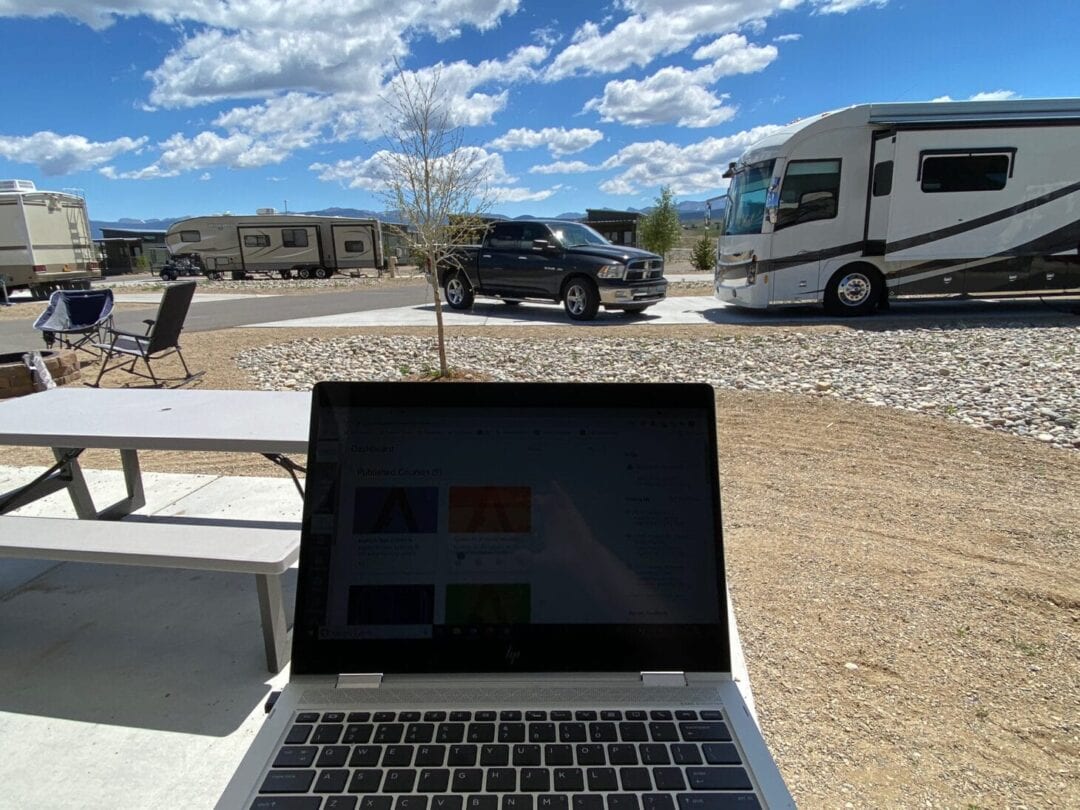
4. Relying on campground connectivity
Almost every campground claims to provide free WiFi, but you shouldn’t always believe that. Parks often do their best to supply some level of connectivity, but the experience varies widely and might not meet your expectations if you want to stream media, work remotely, or roadschool from your site.
Even if you can connect to the hotspot from your cell phone, you may not have a good signal. Use a website like Campendium to check crowdsourced reviews of signal strength, and follow these tips to amplify your connectivity.
5. Not calculating campsite length
A common question for new RVers is whether to consider the length of the tow vehicle when measuring your RV’s length for campsite booking. If the campground’s website doesn’t specify the campsite length, call ahead to check before booking your spot. If you don’t fit, you may be stuck without a place to stay. A few extra feet may also make it easier to park your rig.
6. Not researching hookups
When you book a hotel room, you can count on having electricity, running water, and a toilet that flushes. This is not true for campgrounds. Before booking, research each individual campsite since parks may offer different amenities throughout the campground. Also, you need to understand which type of electrical hookup you need—and carry the proper adapters.
If you camp without water or sewer hookups, you need to keep an eye on your tank usage throughout your stay. As you camp more, you’ll get a feel for how long your gray tank takes to fill or how quickly you empty your fresh water.
7. Overlooking tail swing while driving
Driving or towing an RV, especially a big rig, requires certain precautions. If the tail of your RV extends beyond the back axle, you’ll likely experience tail swing. This means the end of your RV will pivot in the opposite direction from the front of the RV while making a turn.
When you’re navigating gas stations and similar situations with objects beside your rig, you need to understand how much tail swing your RV has. Otherwise, it’s easy to end up with significant damage to your rig or structures near you.
8. Not expecting an audience while parking
You’ll likely get to park your RV in a campsite for the first time with an audience. But while people might silently judge you, that’s part of the experience. Try to ignore the onlookers and do your job as slowly and cautiously as you need. On the plus side, if you get yourself stuck in a jam, you’ll probably find plenty of help from experienced RVers. We’ve had neighbors help us back into tricky spots and fix minor repairs.
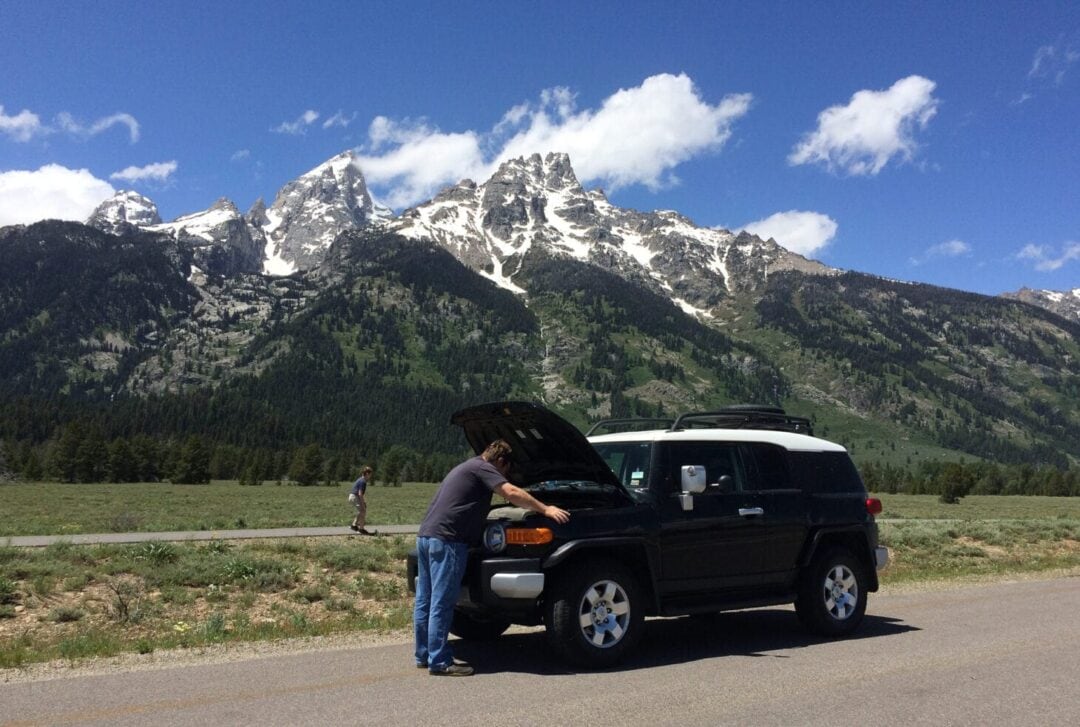
9. Forgetting to plan for maintenance and repairs
Owning an RV is like owning a mobile house—one that probably isn’t as durable as your sticks-and-bricks home. You need to keep up with repairs and maintenance, just as you would at home. Things break sometimes, even while you’re on vacation. We’ve experienced broken fridges, tire blowouts, heaters and A/C units that wouldn’t turn on, and much more.
If you’re handy, you’ll find plenty of websites and online videos to keep you on track, along with your owner’s manual. If you aren’t handy, you need to add the cost of service and repairs to your annual budget.
10. Not pacing road trips
When you start planning your first road trip, you might be tempted to use Google Maps to estimate the driving time between locations. Unfortunately, Google Maps is set to take you on the quickest route at the fastest speed. In your RV, not all routes are accessible, and some speed limits are too fast. It’s better to use an RV-specific GPS or app, like the one offered by Roadtrippers, for routing.
New RVers also overestimate how far they can comfortably travel in a day. Driving a motorhome or pulling a trailer is an additional strain on the driver, and it’s trickier to navigate stops for gas and meals. If you start with a Google Maps driving estimate, allow as much as 50 percent more time to account for these differences.
Though it feels like there’s a lot to learn when you first start RVing, you’ll get the hang of the basics before long. Things will go wrong along the way, but that doesn’t mean RVing is wrong for you.

